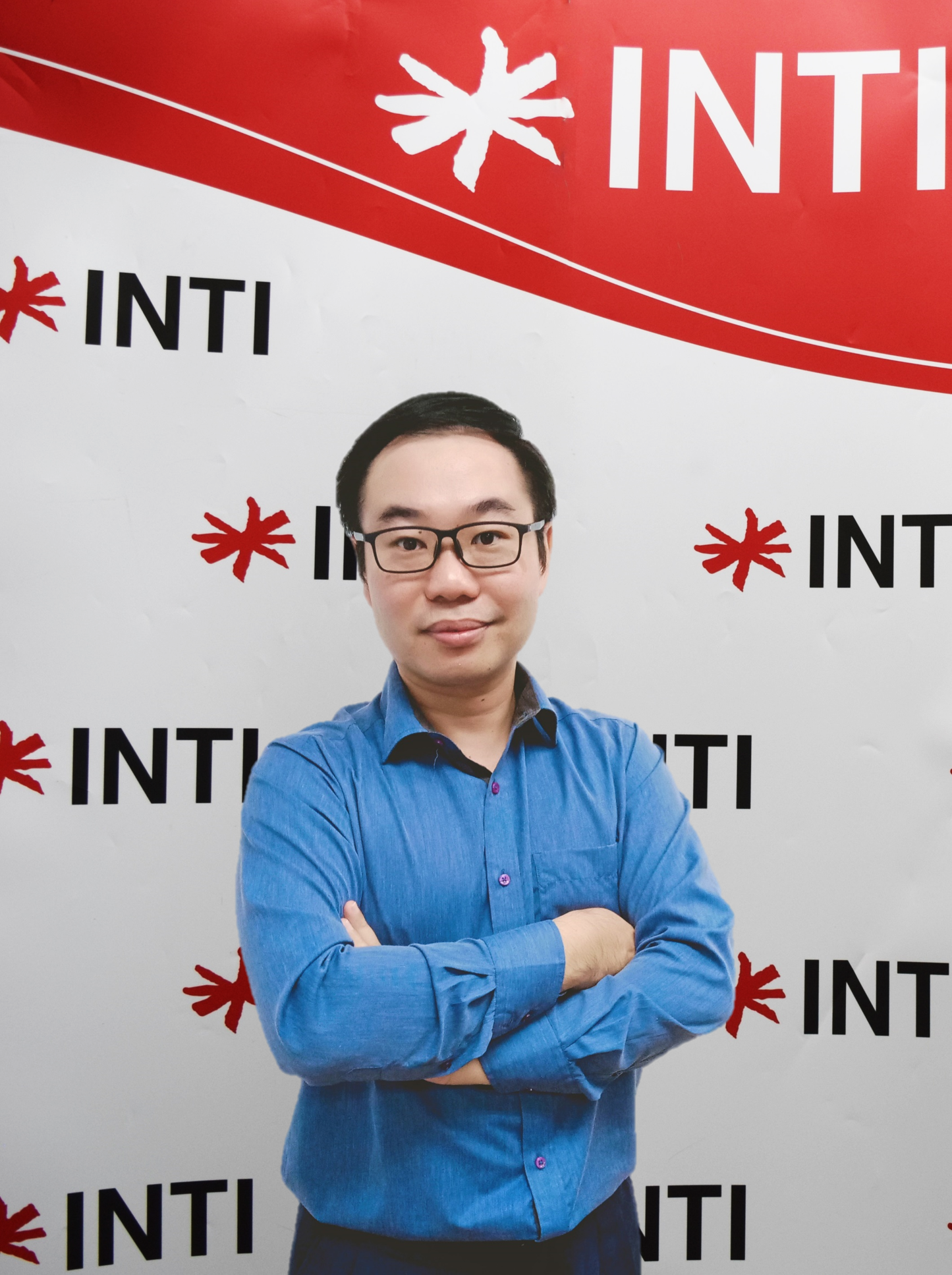Alzheimer’s disease (AD) is a widespread neurodegenerative disorder known for causing memory loss and cognitive decline. In pursuit of a solution to this challenge, Professor Dr Wong Ling Shing, from INTI International University’s Faculty of Health and Life Sciences, has collaborated with researchers from Taiwan, Saudi Arabia, and Malaysia to address the complexities of this disease.
Imagine the human brain as a bustling city, each neuron representing a vibrant street. AD can be likened to an unexpected traffic jam disrupting the seamless flow of information within this city, damaging memory-related structures. This disease is often aggravated by ageing, compounding the difficulty of finding a cure.
The study titled “Trilateral association of autophagy, mTOR, and Alzheimer’s disease: A potential pathway in the development of Alzheimer’s disease therapy” has unveiled novel approaches to impede AD progression.
“We have identified two pivotal components in the development of Alzheimer’s disease: the mammalian target of rapamycin, or mTOR, serving as a cellular switch, and autophagy, a process responsible for brain cleanup. In Alzheimer’s patients, both of these processes malfunction, leading to the accumulation of harmful substances in the brain. Our strategy involves exploring drug-based interventions to activate the cleanup process and eliminate detrimental debris from the brain,” explained Prof. Dr Wong.
Central to their research is autophagy, often compared to a diligent cleanup crew in the bustling city of the brain. Picture your brain as a city with debris accumulating, causing traffic snarls similar to those observed in Alzheimer’s. Autophagy serves as the cleanup crew, clearing away this detritus to ensure clear pathways for the smooth flow of neural traffic.
Their study also centres on mTOR, akin to a cellular control centre overseeing cellular activities and ensuring proper function in response to environmental cues. In simpler terms, mTOR can be likened to a molecular traffic light. Sometimes, this “traffic light” turns red when it shouldn’t, contributing to the traffic jams associated with Alzheimer’s progression. Prof. Dr. Wong’s team believes that inhibiting mTOR and turning this “traffic light” green could be the key to clearing the neural roads and slowing down Alzheimer’s.
“Alzheimer’s disease resembles a perpetual traffic jam in a city, disrupting communication and causing confusion. Our research is dedicated to discovering a solution to alleviate this traffic jam, which offers a promising strategy to reduce the impact of Alzheimer’s,” said Prof. Dr Wong.
The researchers are investigating drugs capable of suppressing mTOR, potentially leading to a breakthrough in Alzheimer’s disease therapy. For instance, rapamycin, a first-generation mTOR inhibitor, has demonstrated neuroprotective properties in various models. Furthermore, drugs that activate autophagy, such as rapalogs and rapamycin, may provide new ways to shield neurons by mitigating the harmful effects of misfolded proteins.
“These drugs could pave the way for new avenues in neural protection, potentially diminishing symptom severity and improving the well-being of Alzheimer’s patients and their families,” he emphasised.
According to Prof. Dr Wong, the research has identified a pathway to potential breakthroughs in Alzheimer’s therapy by understanding the complex interaction between autophagy, mTOR, and AD. He believes this could positively impact people’s lives and reshape the AD treatment landscape.
There has been a significant increase in the prevalence of Alzheimer’s disease, which is a primary concern for society. However, recent research has sparked hope for innovative and effective treatment options. These discoveries not only offer promise to individuals and families affected by Alzheimer’s disease but also signify the beginning of a new era in the healthcare sector.
Prof. Dr Wong remarked that the real-world impact of their findings is substantial. With millions globally afflicted by Alzheimer’s disease and limited treatment options, finding innovative solutions is imperative. If successful, this proposed strategy could pave the way for groundbreaking therapeutic interventions, offering hope to those suffering from Alzheimer’s disease.

Prof. Dr Wong Ling Shing from INTI International University’s Faculty of Health and Life Sciences, along with a team of researchers from Malaysia, Saudi Arabia, and Taiwan, conducted a study to explore the potential of new drugs that could slow down the progression of Alzheimer’s disease. This breakthrough could lead to more effective treatment options for patients who have Alzheimer’s.